The Dark Truth of 1971: Operation Searchlight
The Dark Truth of 1971: Operation Searchlight
Operation Searchlight was a military operation launched by the Pakistani Army in East Pakistan (now Bangladesh) in March 1971. The reason behind this operation was to suppress the Bengali nationalist movement for independence, which had been gaining momentum in the region.
This operation led to widespread atrocities, including mass killings and rape, and is considered to be one of the major causes of the Bangladeshi War of Independence and the subsequent creation of Bangladesh.
What actually happened?
Before this operation, East Pakistan (now Bangladesh) was a source of tension between the two wings of Pakistan since the country’s formation in 1947. The East Pakistanis, who were mostly Bengali-speaking, felt neglected and marginalized by the West Pakistani-dominated government. This led to the rise of Bengali nationalist movements, which called for greater autonomy and even independence for East Pakistan.
The Start of the Operation
On March 25, 1971, the Pakistani Army launched a series of coordinated attacks on East Pakistan, this operation was given the codename “Searchlight” and aimed to crush the Bengali nationalist movement and maintain control over the East Pakistan region. However, this operation led to widespread atrocities, including mass killings and rape. The Pakistani Army targeted civilians, including students, intellectuals, and political activists, in an attempt to suppress the Bengali nationalist movement.
The goal of the operation was to suppress the Bengali nationalist movement for independence, which had been gaining momentum in the region. The plan did not specify the time needed to subdue East Pakistan, but it was assumed that after the arrest of the political leadership, including Sheikh Mujib and 15 top AL leaders, and disarming of the Bengali military and paramilitary units, civilians could be terrorized into submitting to martial law within a week.
The operation began on the night of March 25, 1971, with the arrest of Mujib and his legal advisor Dr. Kamal Hossain. However, other top AL leaders managed to escape to India where they eventually formed the Bangladesh Government in exile.
According to the New York Times,
Probably 35,000 people were killed in Dhaka during the operation. However, these figures are estimates, as all foreign reporters were deported from Dhaka before the operation started. The ordinary Pakistani soldiers were ordered by their superiors to set an example by killing as many Bengalis as possible, since they were considered unreliable and unpatriotic. Most of the atrocities committed in East Pakistan happened in the first two months of the crackdown, March and April of 1971.
By April 10, Pakistani forces had gained control of several cities and towns in East Pakistan. Thousands of people were arrested, tortured, and killed, and many young men were never seen again. As noted by Professor Rounaq Jahan of Dhaka University, “Eventually cities and towns became bereft of young males who either took refuge in India or joined the liberation war.“
According to Lt. General A. A. K. Niazi
He was in charge of Pakistan’s Eastern Command when it surrendered to the joint Bangladesh-India forces on December 16, 1971, in Dhaka,
“The 1971 imbroglio was the outcome of an unabated struggle for power between Yahya, Mujib and Bhutto. Yahya wanted to retain power while Bhutto wanted to attain it. This was despite the fact that Sheikh Mujib’s Awami League had emerged victorious, and he should have been handed over the government. Bhutto’s fiery speeches were not mere rhetoric, but the actions of a desperate man vying for power at any cost. Had power been transferred to Mujib, Pakistan would have remained united.” [Interview with Amir Mir, India Abroad, in December 2001]
Atrocities Committed and International Responses to Operation Searchlight
The international community was largely silent about the atrocities being committed in East Pakistan. However, the Indian government, which had long supported the Bengali nationalist movement, provided aid and sanctuary to the refugees. As the atrocities continued, the Indian government decided to intervene and provide military assistance to the Bengali nationalist movement.
The operation led to the Bangladeshi War of Independence, which lasted until December 1971. The Bengali nationalist movement, with the help of the Indian military, was able to defeat the Pakistani Army and gain independence for East Pakistan, which became the new nation of Bangladesh. The war resulted in the deaths of an estimated three million people, and the displacement of millions more.
 |
The signing of the document of surrender of the Pakistani forces to the Indian Army, Dhaka, 16 December 1971.
In conclusion,
Operation Searchlight was a military operation launched by the Pakistani Army in East Pakistan in March 1971 to suppress the Bengali nationalist movement. The operation led to widespread atrocities, including mass killings and rape, and is considered to be one of the major causes of the Bangladeshi War of Independence and the subsequent creation of Bangladesh.
The operation was a tragic event in the history of Pakistan, Bangladesh and its people where numerous innocent lives were lost. It is important to understand and acknowledge the past events such as this operation, so that we can learn from our mistakes and prevent similar atrocities from happening again in the future.


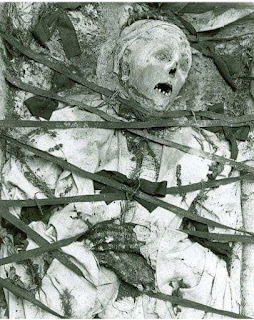
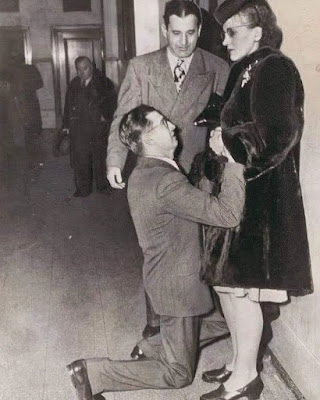
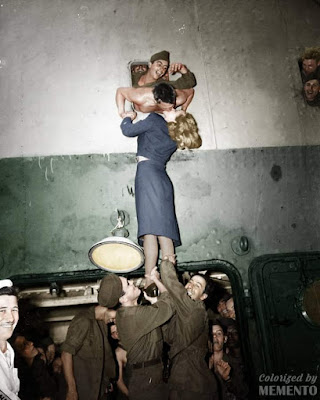
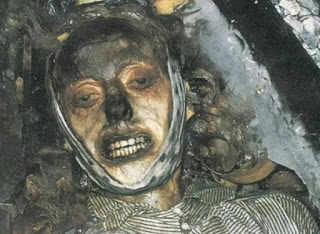


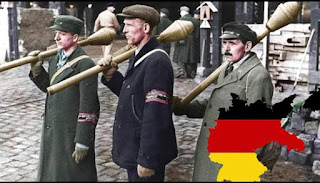
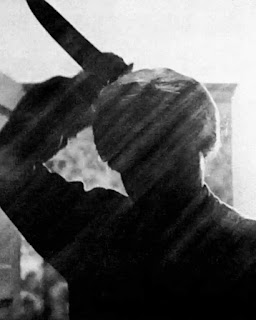

Comments
Post a Comment